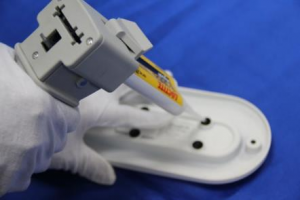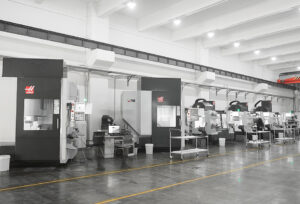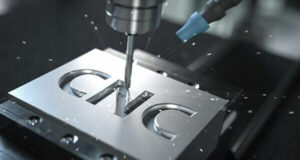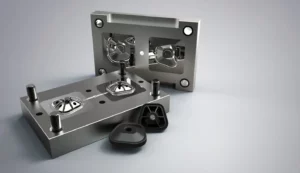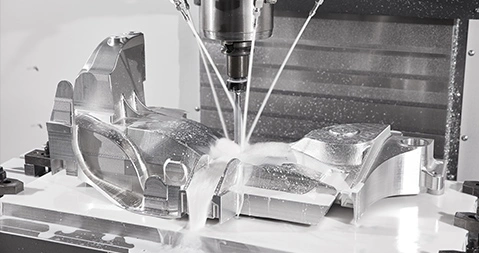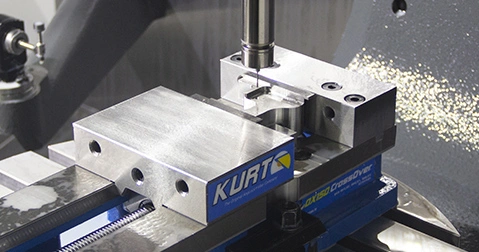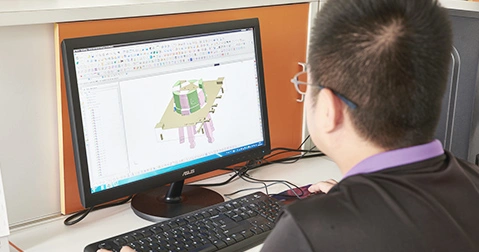CNC Machining, 3D printing, Aluminium extrusion and Cast urethane all find wide range of uses in the medical industry. Once a part has met the FDA requirements for cleanliness, non-toxicity and bio-compatibility, it is usually ready to be used for its intended purposes.
If you are a product engineer with interests in the medical industry, you will, or might have learnt that strength, durability and ease of cleaning are very important considerations in choosing the material to be used. Because of the delicacy of the medical practice, choosing the right material is inarguably the biggest step towards achieving approval and classifications. For metal devices in particular, non-magnetism, non-corrosiveness and mechanical performance top the list. The metal must also be malleable enough to be accurately shaped and retain its form post-production. A tough, satin finish is also desirable to ensure that the surface of the material can easily be cleaned to prevent a harbour of bacteria Here are 6 of the most frequently used metals in the medical industry.
Stainless steel is the most widely used metal in the medical industry. It serves an array of purposes due to its non-corrosive, non-toxic and strong nature. Stainless steel can also be polished to leave a surface that is easily cleanable.
AISI 316 and 316L are the two most common types of stainless steel deployed in the medical industry. The AISI 316L, also referred to as surgical steel, is used for medical implants and piercings due to its high corrosion resistance.
The Stainless steel 440 is also used for making surgical tools. While it is not as corrosion resistant as the 316 categories, it boasts of higher carbon content that makes it suitable for delivering the sharp edges with good cutting power required in surgical instruments.
Stainless steel is used for other in-body and orthopaedic applications such as the creation of screws and plates, hip joining replacement processes and bone strengthening solutions. The higher temperature resistance of stainless steel means that it can easily be autoclaved and sterilized at temperatures as high as 180C
2. Copper
Until recently, copper was not a strong consideration for use in the medical industry. This is due to the concerns around toxicity inside the human tissues. Today, however, copper, prized for jts high conductivity, is used in medical diagnostics to transmit signals to implants. This is done by shielding the copper from human tissues and outside contamination.
Copper is also championed for its strong antibacterial and antiviral properties. This explains its use in surfaces that are constantly contacted such as door handles, bed rails and more. Some copper alloys are also used in dental implants.
3. Aluminium
Aluminium is often used in the manufacture of lightweight but strong apparatus in the medical industry. The metal is rarely used for internal purposes but serves many in the manufacture of wheelchairs, walking sticks, bed frames, orthopaedic stands and more. In order to reduce the chances of oxidation, aluminium parts are often anodized to ensure longer life span.
4. Magnesium
Magnesium, like aluminium, has very good strength-to-weight ratio. While there are several cautions around its reactivity with oxygen, magnesium is used in the medical industries to develop bone raft replacement and heart stents. One important attribute of magnesium is its biodegradability; this makes it a favourable pick for organ replacement as the material will be reabsorbed into the bloodstream after healing. This is particularly helpful in procedures where materials needed to be removed post-healing, preventing another surgery.
5. Cobalt-chrome
Cobalt chrome is highly coveted for its impeccable wear resistance. This makes it suitable for applications in stents, joint replacement, dental implants, dental bridgeworks and conductor wires.
In addition, cobalt chrome has excellent corrosion resistance and strength, and can be electropolished to obtain a smooth surface that helps prevent contamination.
6. Titanium
Titanium is undoubtedly used in medicine for its excellent strength and biocompatibility. Whether for internal or external purposes, titanium can be used to make surgical devise, skeletal supports, pins, plates and bone replacements. It is even 40% lighter and can withstand even more heat (up to 430C) than steel.
Titanium is 100 percent corrosion resistant and has an exceptional ability to bond with the human bone tissues (osseointegration). Titanium can be metal 3D printed to match the need of patients through scans and X-rays. This makes it even more desirable for dental implants and fracture fixation.
FirstPart Medical, Dental and Swiss Manufacturing in China
FirstPart is one of China’s leading manufacturing hub for Additive, CNC and Conventional manufacturing techniques. We boast of excellent in-house capacity, labour force and logistics while delivering exceptional value for money.
Our array of services include CNC machining, CNC turning, CNC milling, 3D printing, Rapid Tooling, Die casting, Rapid prototyping, Plastic Injection Molding, Urethane
Casting, Aluminium Extrusion, Post-machining/Finishing services and much more.
As we understand the global challenges that is faced by new businesses in these times of the Coronavirus, we offer product tooling, mass production, bridge tooling and low-volume prototyping/manufacturing with very flexible minimum order quantities (1 to 100,000) for the medical and dental industry.
We are particularly able to ensure the production of high-precision, tight-tolerance stainless steel, titanium, aluminium parts that can be machined with CNC milling centres to swiss standards and industrial compliance.
Our services are online, scalable and innovative, with a team of engineers and design experts available to support you through your entire product development cycle.
Click here to get in touch with us and receive a free quote and project review.

